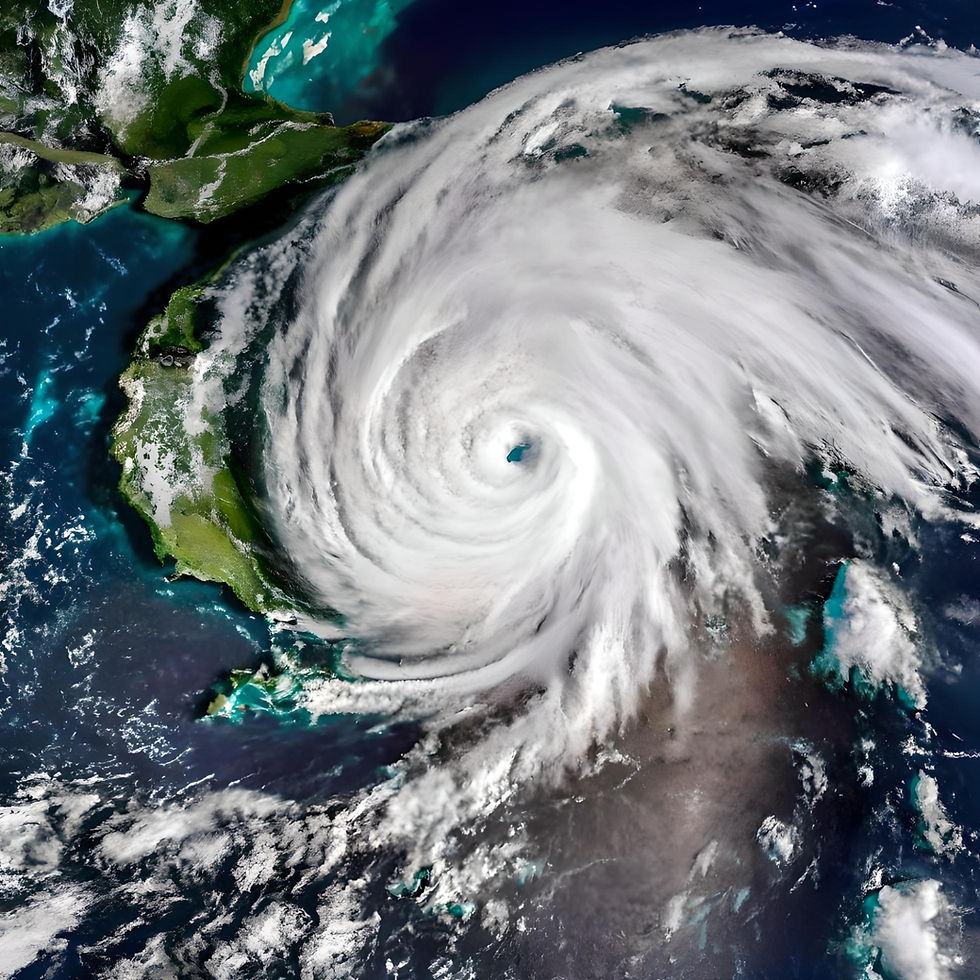FROM THE ARID LANDS: WHY COP30 MUST PRIORITIZE IMPLEMENTATIONAND JUSTICE FOR NAMIBIA AND THE GLOBAL SOUTH
- Rebekka Sheetekela, Youth 4 COP Participant
- Nov 17, 2025
- 3 min read

As a young voice from Namibia, a nation on the frontlines of climate change, the annual Conference of Parties (COP) is more than a diplomatic event, it is a critical determinant of our future. Defined by the vastness of the Namib Desert and the constant threat of drought and desertification, the climate crisis for us in the Global South is a battle for survival and development. The lessons learned through the Youth for COP program, a powerful initiative by The Climate Reality Project, confirm a singular truth: the time for pledges is over; COP30 in Belam, Brazil, must be the COP of decisive implementation and climate justice.
The central theme for COP30, as reflected in the assignment brief, is a strong focus on adaptation and implementation from a Global South perspective. My country, like many others with rich biodiversity but limited resources, disproportionately bears the brunt of a crisis we did little to create. This is why the principle of Common But Differentiated Responsibilities and Respective Capabilities (CBDR-RC) remains fundamental: those who contributed most to the problem must assume the greatest responsibility for solving it, including providing sufficient support.
The Imperative of Locally-Led Adaptation (LLA)
In Namibia, adaptation is not a technical term; it's about protecting our cattle, securing our water, and sustaining our unique ecosystems. We must see the Global Goal on Adaptation (GGA), a collective commitment under the Paris Agreement, translated into tangible projects on the ground. This means empowering Locally-Led Adaptation (LLA), which is an empowerment-based approach that supports community-level leadership in assessing risks and prioritizing strategies.
Our Nationally Determined Contributions (NDCs), the heart of the Paris Agreement, must evolve into ambitious NDC 3.0 blueprints by 2025 that embed strong, measurable adaptation goals. For us, a stronger NDC is a roadmap that ensures the survival of our wildlife and the livelihoods of communities. A national perspective requires our updated NDCs to clearly outline climate risk, secure necessary financial resources, and ensure all efforts are equitable and inclusive.
Delivering on Climate Finance and Justice
The greatest barrier to this necessary adaptation is a massive finance gap. The failure to meet the long-standing $300 billion climate finance goal severely undermines trust, and adaptation finance still only represents a fraction of what is needed globally.
At COP30, leaders must deliver a robust and equitable New Collective Quantified Goal (NCQG) on climate finance to support developing countries’ climate actions after 2025. This new goal must be more than an aspiration; it must prioritize grant-based and concessional finance for adaptation, ensuring funding is accessible to local actors and not solely debt-creating loans. Youth constituencies, such as YOUNGO, are already advocating for intergenerational equity and a higher financial target in these negotiations.
A Just Transition and the Wisdom of Our Elders
Implementation also demands a Just Transition to a green economy, one that is fair, inclusive, and socially dialogue-driven. Namibia, with its world-class potential for solar and green hydrogen energy, can pivot toward creating thousands of new, decent green jobs for young people in renewable energy, sustainable ecotourism, and ecosystem restoration.
Crucially, this transition must safeguard our forests and biodiversity, which are natural carbon sinks and essential for climate stability. We must integrate the Indigenous wisdom of our local communities, as their knowledge systems have proven to be the most effective in conserving and restoring the land.
For me, as a Namibian youth, the hope for COP30 lies not just in the final text, but in the implementation that follows. Global leaders must leave Belam having committed to transparent, funded, and locally-driven action. We need NDCs that mean business, climate finance that reaches the most vulnerable, and a transition that guarantees a sustainable future and green skills for our generation. The world is watching; implementation cannot fail.










Comments